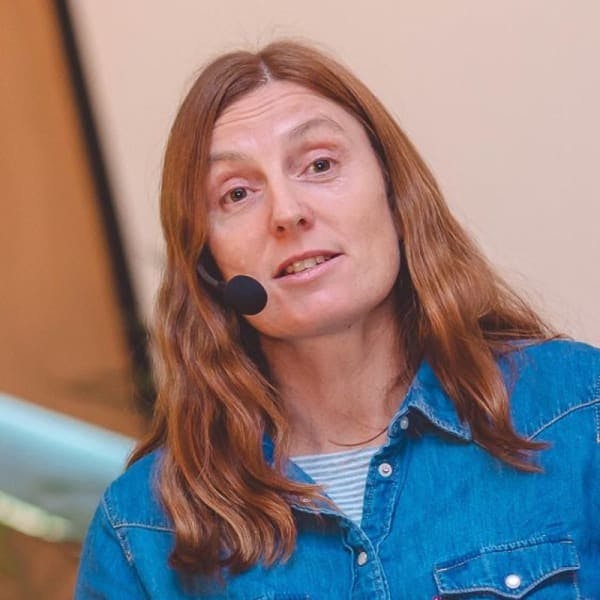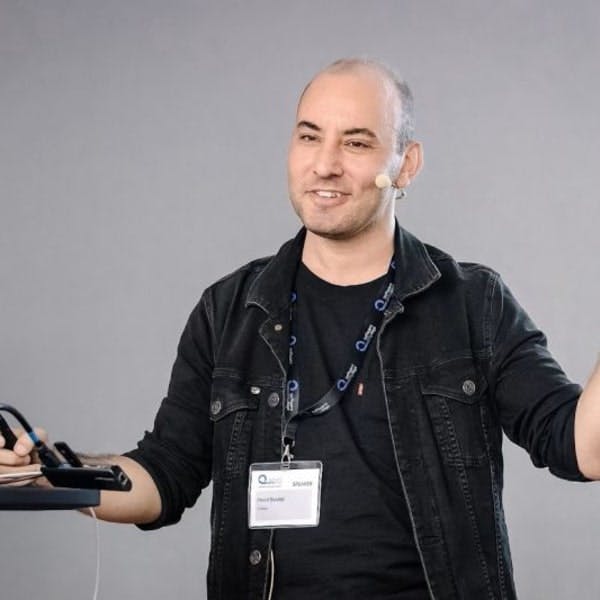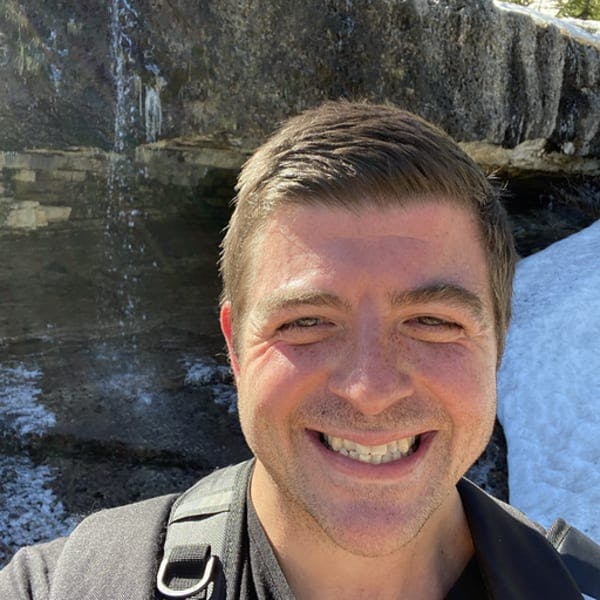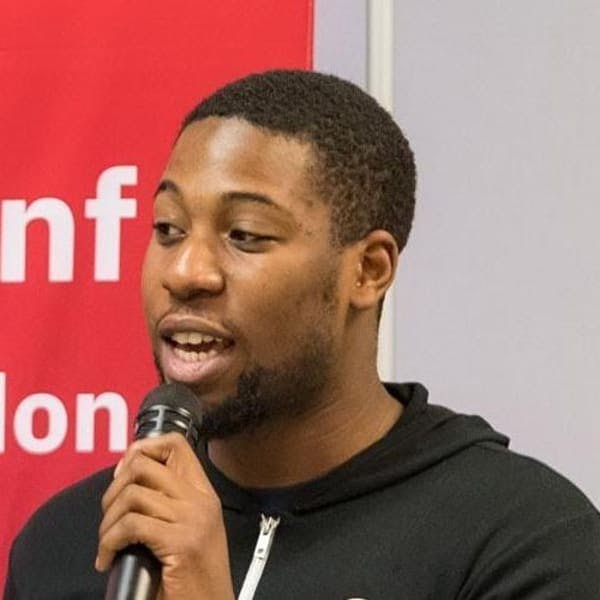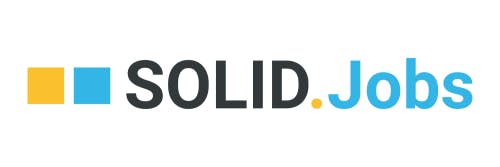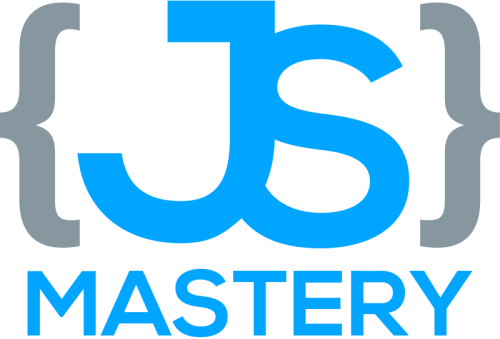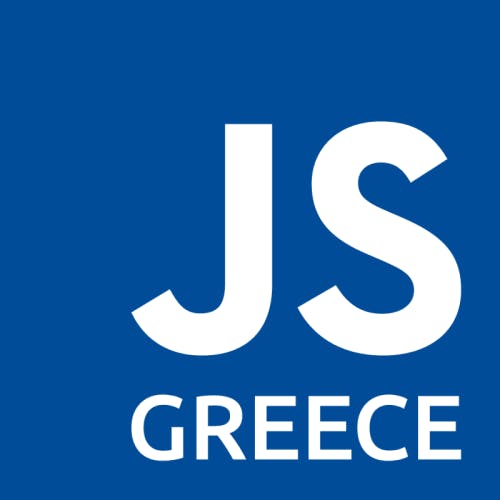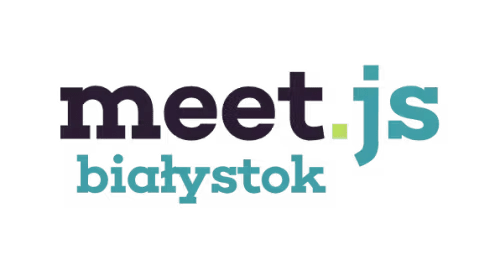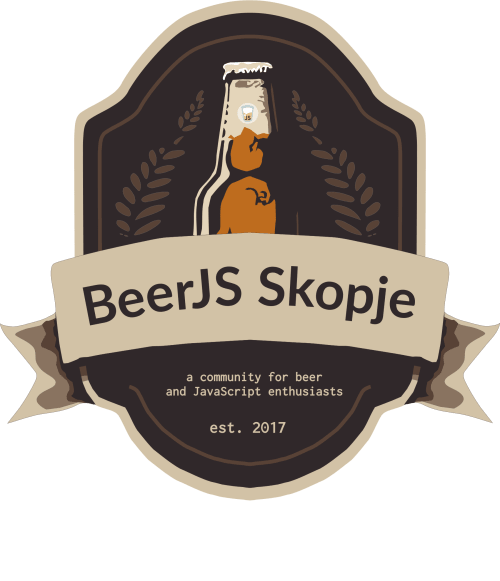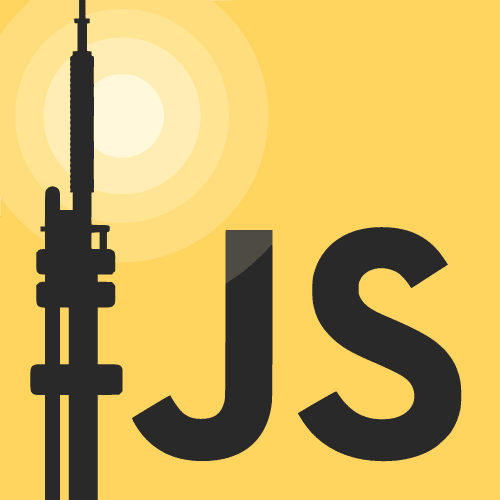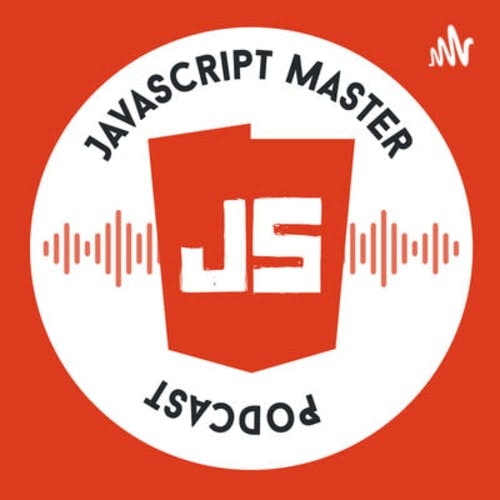December 7 (hybrid in Berlin) & December 11 (remote), 2023
Test JavaScript. Test with JavaScript.
-
2Days
In-person & remote -
30+Speakers
Sharing know-how -
500+QA's & Dev's
in Berlin in-person -
5K+Attendees
globally remote
All things JavaScript testing.
Bugs shall not pass.
Premier event for QAs and developers to dive into JS testing best practices and updates from leading product teams. Join in-person in Berlin or enjoy online streaming with hybrid networking and interactive sessions, including free workshops.
This year, you can expect the authors and core teams of the following libraries / projects:
Features
LINEUP
Сonnect with skilled developers and QA experts. Fill your conference schedule with high quality talks and hands-on workshops.

NETWORKING
Engage face-to-face with speakers and fellow attendees, participate in hybrid speaker rooms and topic-based discussion spaces. Forge new friendships and explore fresh opportunities.

Afterparty
Experience celebration in the heart of Berlin featuring algorave performance Alexandra Cárdenas and DJ MINJA on Dec 8

Speakers
Cecelia Martinez is a Developer Advocate for Appflow at Ionic, a company that helps web developers build cross-platform applications using modern technology. She is dedicated to creating better, more inclusive developer experiences for all. Previous companies include Cypress and Replay, with areas of expertise including web & mobile development, testing, developer tools, and open source. She is a Lead Volunteer with Women Who Code FrontEnd, Chapter Head of Out in Tech Atlanta, and a GitHub Star.
David Burns, heads the Open Source office at BrowserStack. He is also a core contributor to the Selenium project and Chair for the W3C Browser Testing and Tools Working Group.
Filip Hric is a DevRel at Replay.io He teaches testers about web development and developers about testing. Filip has a Cypress.io ambassador, leads a “Learn Cypress.io” community on Discord and has a blog at filiphric.com where he publishes Cypress.io tips. He’s an international keynote speaker and leading expert on test automation in Cypress.io. As author and instructor of live Cypress workshop, he has taught hundreds of testers and developers about good practices and advanced concepts for testing in Cypress. Enjoys running, playing guitar and spending time with his wife and four children.
Marie is currently a Developer Advocate at k6.io, a Grafana Labs company. In the past, she has been an Engineering Manager, a Principal Engineer and a Test Consultant. She is also a tech blogger at testingwithmarie.com, an accessibility advocate and an online course instructor at Ministry of Testing and Test Automation University.
Hi, I'm Walmyr. I'm a software engineer who loves testing. I'm also a clean coder, blogger, YouTuber, podcaster, Cypress.io Ambassador, online instructor, mentor, speaker, an active member of the testing automation and JavaScript communities, and a fan of good music, tattoos, gardening, vegan 🌱 food, and skateboarding.
Hi! My name is Artem. I'm a self-taught software engineer. I've built this thing called Mock Service Worker, which has changed the lives of developers all around the world. I'm extremely thankful for that. I love testing, and I love writing and teaching about it even more. And coffee, yes, I like that one as well.
Marco is a Senior Developer Experience Engineer at NearForm. Currently serving as a maintainer of Node.js, Fastify and Mercurius and member of Node.js security team, Marco brings years of experience in designing, developing and testing high scalability and distributed cloud applications, committed to contributing to open source projects and helping the Node.js community grow.
Júlio de Lima is a specialist in Software Testing with 13 years of experience. Júlio has a Bachelor's Degree in Software Engineering, a specialization in Teaching in Higher Education and a Master's Degree in Electrical and Computational Engineering with a focus on Testing and Artificial Intelligence. He currently lives in Orlando, Florida. He serves as Principal QA Engineer at Capco, helping financial institutions establish robust and sustainable testing strategies. He uses his coding and architecture skills to contribute to software quality at all system layers. Júlio has contributed to the software testing community through his channels on YouTube, Instagram, Spotify, and in articles for technical and scientific magazines. He has experience as a speaker at international events and has trained more than 9,000 students through his online training in Portuguese.
Mo is the Head of Mobile and a Tech Lead at Theodo UK, having worked on several projects with startups and established enterprises to create cross-platform mobile application in React Native. He's passionate about React Native, MobileDevOps, and pushing the boundaries of combining code across web and mobile.
Before joining Theodo, Mo was a full-stack developer at Nasdaq. He is a graduate from the University of Edinburgh.
Matan is a Senior Software Engineer at Microsoft, speaker and a tech blog writer. He is a React enthusiast and a Testing Library maintainer who's aiming to understand how things work rather than satisfying on a given API. Matan believes that knowledge is worth nothing if not spread.
As a QA Engineer and Enthusiast, Olga loves to use modern and practical approaches to improve product quality. She believes that AI will never replace human work, but could help to improve the quality of testing and reduce efforts for a manual one.
I'm a Developer Advocate at Codium where I geek out over generative AI, automation, and the magic of scripting. When I'm not advocating, I'm usually elbow-deep in API adventures, because who needs free time when there's APIs that fail to do what I want them to do..
Theodore Vorillas is a software engineer with a focus on JavaScript development. As an independent developer, he works on exploring various aspects of software creation, delving into the realms of IoT, human interaction, and ethical software building.
Mesut has 15+ years of experience in Industrial Automation, IoT platforms, SaaS/PaaS and Cloud Services, the Defense Industry, Autonomous Mobile Robots and Embedded and Software applications. Along with having proficiency in CMMI and Scrum & PMP experiences under his belt, he has taken various roles (as Quality Owner, Hiring Manager, and Chapter Lead) in multinational projects. He has expertise in test automation and continuous testing in CI/CD pipelines. Besides, he has been facilitating test processes and building the test strategy and lifecycle of the projects. He is a frequent international speaker, the best presentation award winner, and a member of various program committees. He has spoken at 100+ international conferences (6 continents, 25+ countries: 10+ of them are in-person).
Kat works as Quality Engineer at Zoopla. Tried lots of paths: fine arts, comparative literature, social psychology and cognitive science studies before discovering the most enjoyable so far tech path. Kat solves automation testing challenges at work and jigsaw after work. Lives in Scotland.
I am a long-time open-source developer, educator, manager and mentor. I encourage everyone around me to share their collective knowledge, and am a strong champion of diversity in the tech industry. When I'm not working, I'm live-streaming about career advancement and interview preparation, tinkering with 3D printing or IoT projects, or telling dad jokes on Twitter.
Renaldi Gondosubroto is a Software Developer from Seek Limited, where he works on the backend of the home page which is accessed by all jobseekers who search for jobs on the site as well as the infrastructure which powers it. Previously he has worked as a .NET software developer for automobile companies and has been active within the research community; putting a lot of his research focus within IoT and virtual reality. Through his passion of developing software and contributing to the opensource community, Renaldi wants to encourage the innovation of new solutions to usher forward and promote a new era of innovations that can be used by everyone. Having spoken at 20+ events and conferences, he has also been active on the open source community for the past five years, building solutions on the cloud and sharing his experiences and projects.
My name is Reuben Ellis, and I'm the lead solutions engineer at Chromatic. I've been using Storybook and various visual regression test tools for years. My primary passion and focus have always been on automation testing and integrations! Ultimately, my goal is to make the day-to-day better for other engineers.
Todd has a passion for promoting a healthy product and engineering culture, collaboratively exploring ways to solve both organizational and engineering needs, as well as holding regular discussions around how to evolve the software engineering craft. Todd believes in a human centered approach to engineering, where the experience of those creating and evolving the product is just as important as those that use the product.
A native to California's bay area, Todd’s journey into programming started over two decades ago and he has been privileged to work with many technologies as well as leadership roles over the years. With his experience as a Principal of Software Engineering Practices, in the Technology Center of Excellence at Pluralsight, Todd supported both individual software engineers and the technical leadership team in helping to continually improve and work together in a way that enables everyone to do their best work.
Todd loves to play the guitar, and is always open to jamming out and frequently enjoys paired programming with strangers.
Petros Plakogiannis has graduated the University of Piraeus and the Technological Educational Institute of Crete. He has been working professionally as a software tester for 15 years, with strong focus on automated testing. Petros is also the main organizer of the Ministry of Testing Athens meetups.
Our MCs
Nathaniel is a Developer Evangelist at Twilio working to create magical moments for developers with their products. He is a die hard fan of JavaScript, sports, superheroes and mixed martial arts. His life goals are to have Batman's brains, Deadpool's humour, T'Challa's fashion sense, Killmonger's Wokeness, and Thanos' determination! He serves the Javascript community in the UK and the rest of Europe.
Cecelia Martinez is a Developer Advocate for Appflow at Ionic, a company that helps web developers build cross-platform applications using modern technology. She is dedicated to creating better, more inclusive developer experiences for all. Previous companies include Cypress and Replay, with areas of expertise including web & mobile development, testing, developer tools, and open source. She is a Lead Volunteer with Women Who Code FrontEnd, Chapter Head of Out in Tech Atlanta, and a GitHub Star.
Program Committee
Alex has spent the past 11 years working on the Open Web within Browser, Communications, and FinTech organizations. With a background in web technologies and developer advocacy, he's helped organizations build developer-friendly products while engaging with the developer community at large. As the new Technology Lead for the Interledger Foundation, he focuses on lowering the barrier to entry into the Interledger ecosystem and drive the adoption of the web standards powering the Interledger protocol. An avid traveller, it's likely you'll bump into him at developer conferences around the world.
Ioana is an engineer manager flavored in communities, and devrel, that has more than 12 years of experience in tech with a specialization in mobile apps and web. Besides her job at CodeSandbox, she dedicates her time to building tech communities and improving the access to education. She is the Module Owner for Mozilla Reps, one of the alumni of MozTechSpeakers, and stands as an ambassador for CodeWeek at the European Commission. In her free time, she contributes to Open Source and different volunteering programs, while enjoying a coffee or a good wine.
Cecelia Martinez is a Developer Advocate for Appflow at Ionic. Previous companies include Cypress and Replay, and she is passionate about open source devtools and building inclusive developer communities. Cecelia speaks about web & mobile development, testing, and DevOps. She is a Lead Volunteer with Women Who Code, Chapter Head of Out in Tech Atlanta, a GitHub Star Alumni, and has served on the program committee for multiple tech conferences. Before transitioning into tech, Cecelia had careers in Journalism and Finance, and loves using both sides of her brain to connect with people and solve problems.
GITNATION MULTIPASS
Korben
Dallas
Multipass and full ticket perks
Free workshops
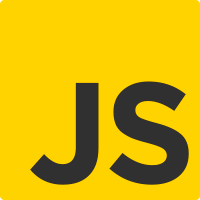
2x more content

Enjoy Full HD streaming quality

Get talk recordings right after the conference
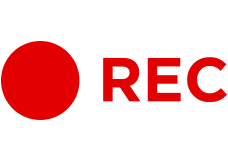
HANDS-ON WORKSHOPS WITH FIELD EXPERTS
TestOps, Performance, API testing, Security, etc.

VIDEO CHAT ROOMS WITH SPEAKERS
Join virtual rooms with top QA & developers
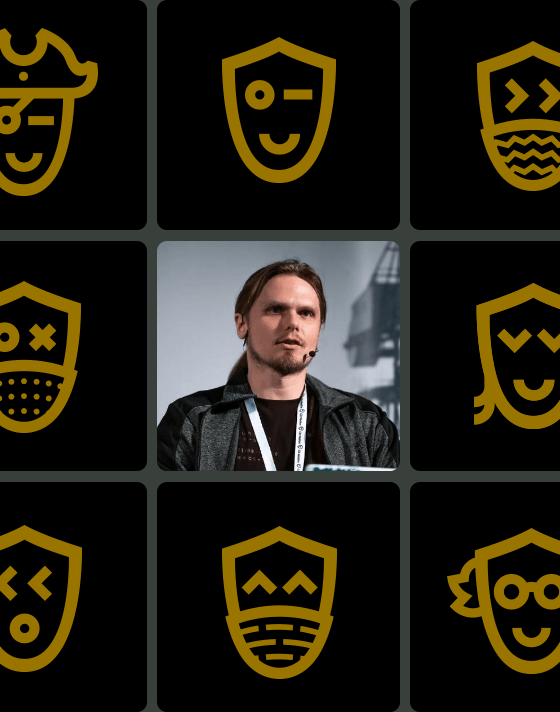
SPEAKERS' DISCUSSION ROOMS
Enjoy more space for your conversation with speakers

Your chance to get a free full ticket
Share your personal badge on Twitter or Linkedin and get a free limited Watch-only Ticket (50% of talks, no workshops). When 3 friends register with your badge you get a free Full Remote Ticket.
Korben
Dallas
Follow us for updates
Subscribe to our conference newsletter and get the latest updates and special deals.
Location
Kosmos is the amazing Space Age theatre from the 1960s. It is situated in the hip neighborhood of Friedrichshain full of great restaurants, bars, clubs and little shops, and the building was built with unconventional visionaries in mind.

Giving back to community!
We try our best to make all our events accessible and inclusive for a diverse audience. Get in touch with us if you wish to support this initiative, and help us provide Diversity Scholarships for the underrepresented groups in tech.


Sponsors
-
-
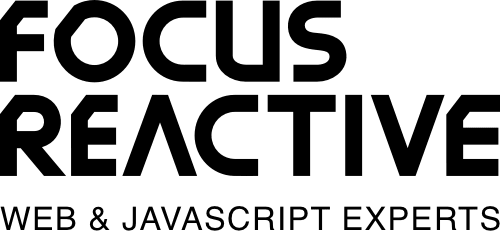 Next.js, Headless CMS and eCommerce expert agency
Next.js, Headless CMS and eCommerce expert agencyFocusReactive will help you architect, build, and lead technically advanced websites focusing on performance and scalability. Partners and experts in Next.js/Vercel, Storyblok, Sanity, Contentful, Shopify Hydrogen, and other Headless eCommerce platforms.
Whether you seek expert Headless CMS agency services or an expert agency with deep experience with platforms like Storyblok or Sanity, FocusReactive is the one to help you scale.
-
C3 Dev Festival is a contemporary software engineering and design conference. C3 stands for Code, Career and Creativity, and deliveres The most fun way to stay up to date with the tech industry and facilitate your career growth.
Check C3 Fest website for details.








